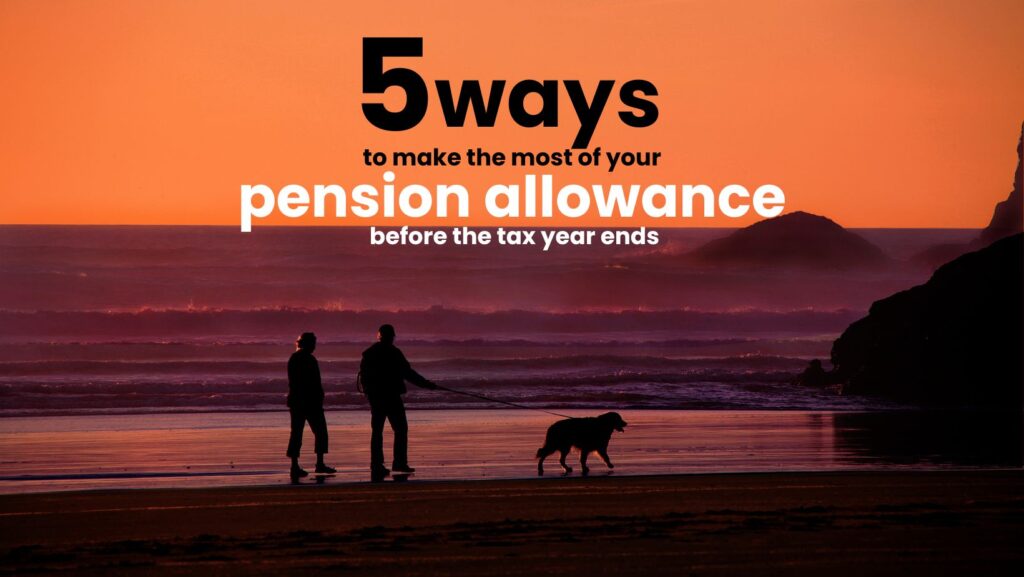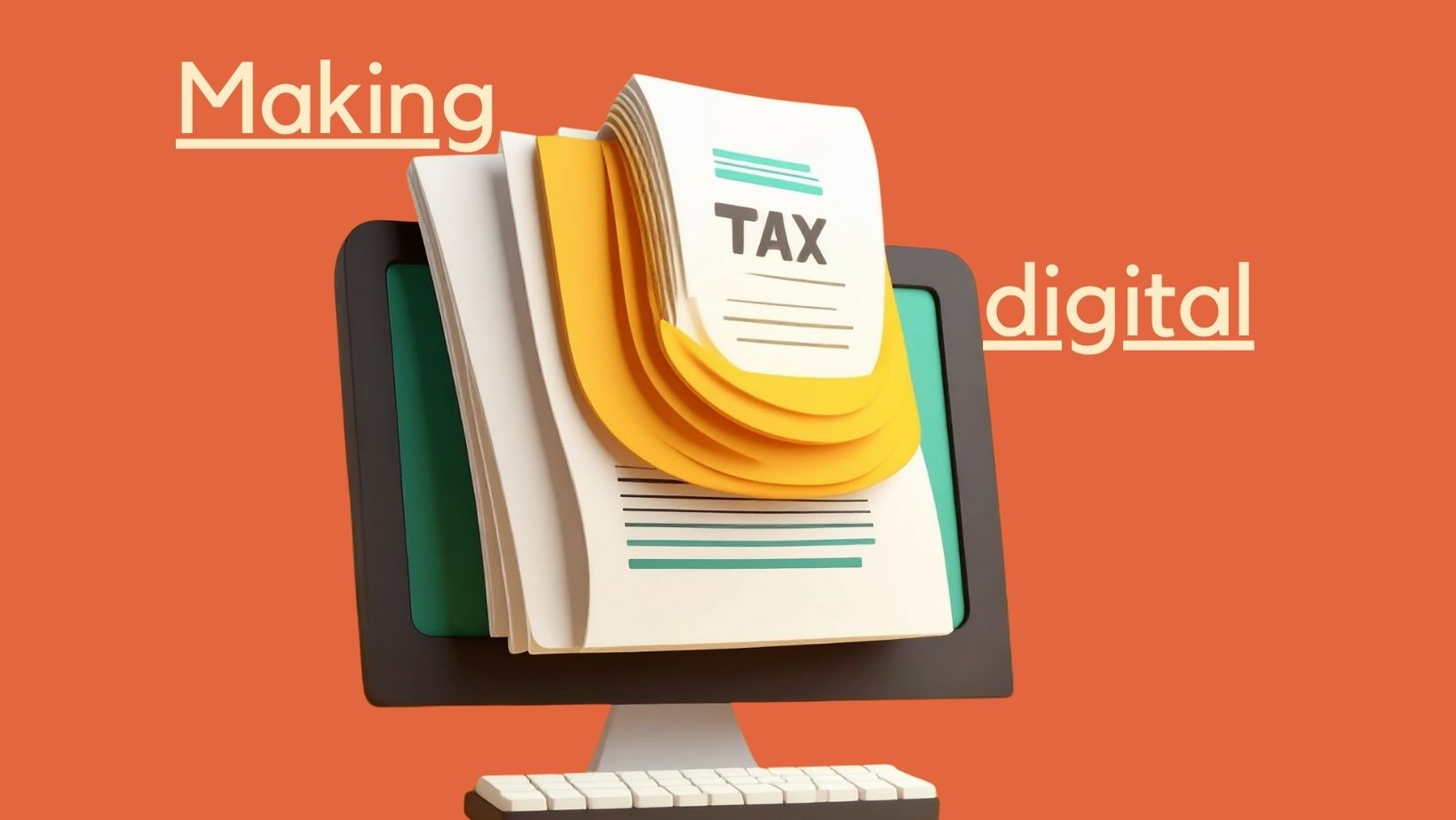As we approach the end of the tax year (April 5), contractors and small business owners have a timely opportunity to review their finances and make the most of their pension allowances.
Maximising pension contributions not only helps build a secure retirement but also offers tax advantages.
Here’s our guide on why this is a smart move and how to make the most of your pension options.
1. Personal pension contributions as a business owner
For small business owners, personal pension contributions offer a unique opportunity to invest in their future while reducing taxable income.
You can contribute up to £60,000 annually (or 100% of your salary, whichever is amounts to the lowest figure), and benefit from tax relief on these contributions.
As a business owner, you may also consider directing some company profits towards your pension pot. It’s an option that can provide substantial tax savings compared to drawing an equivalent salary.
2. Workplace pensions and auto-enrolment responsibilities
If you have employees, remember that you’re required to enrol eligible staff members into a workplace pension scheme. This also applies if you’re working through a limited company and paying yourself a salary.
Meeting auto-enrolment responsibilities ensures that your business stays compliant with current UK pension legislation. This helps your employees build a secure future while enhancing your company’s reputation as an employer that values its workforce.
For small business owners, contributions made on behalf of employees (or even the owner as an employee of their own limited company) are typically considered a business expense, reducing taxable profits and overall tax liability.
Allocating funds to pensions before the tax year ends, means business owners can achieve a more tax-efficient structure and optimise their pension contributions.
As a bonus point, offering a workplace pension scheme through auto-enrolment can also be an attractive benefit for employees. This added stability enhances company reputation, potentially reducing turnover and recruiting costs.
3. Tax benefits of pension contributions
Pensions offer valuable tax relief, allowing you to reduce taxable profits and lessen your corporation tax liability.
For contractors and small business owners, this is a win-win: contributing towards retirement while managing tax obligations efficiently.
While pension contributions are generally exempt from tax within certain limits, consulting your accountant can help clarify your specific tax savings.
4. Planning for your retirement as a small business owner
As a business owner, it’s easy to get caught up in day-to-day operations and put retirement planning on the back burner. But setting up a pension allows you to actively build a financial cushion for the future.
Plus, pensions are legally protected from creditors, so they remain safe even in cases of business difficulties. This protection offers peace of mind, especially for contractors and small business owners who might have fluctuating income streams.
5. Professional advice and partnerships
While your accountant can provide guidance on tax advantages, specific pension advice requires the expertise of an independent financial adviser (IFA).
Whilst your accountant can advise on the tax advantages, we recommend consulting with independent financial adviser (IFA) Yolo Wealth Management. They specialise in pension advice for business owners.
Alternatively, if you prefer a simplified approach, we have a new partnership with Penfold Pensions. The company offers a flexible and user-friendly pension solution for small businesses and contractors who do not require an IFA.
Disclaimer
The value of investments can go down as well as up, and you may not get back the full amount you invested. Past performance is not indicative of future results. Your capital is at risk.
Plan ahead and use the available pension allowances. Contractors and small business owners can build a strong foundation for the future this way, benefiting financially and in terms of security.





